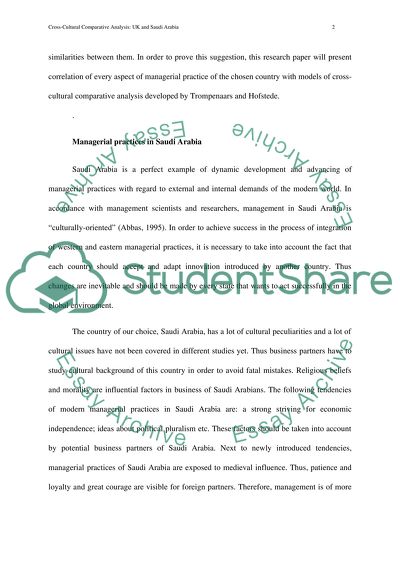Cite this document
(Models of Cross-Cultural Comparative Analysis Term Paper, n.d.)
Models of Cross-Cultural Comparative Analysis Term Paper. Retrieved from https://studentshare.org/sociology/1573126-with-reference-to-the-uk-and-another-country-of-your-choice-critically-evaluate-the-strengths-and-weaknesses-of-two-models-of-cross-cultural-comparative-analysis-what-are-the-implications-of-these-for-managers
Models of Cross-Cultural Comparative Analysis Term Paper. Retrieved from https://studentshare.org/sociology/1573126-with-reference-to-the-uk-and-another-country-of-your-choice-critically-evaluate-the-strengths-and-weaknesses-of-two-models-of-cross-cultural-comparative-analysis-what-are-the-implications-of-these-for-managers
(Models of Cross-Cultural Comparative Analysis Term Paper)
Models of Cross-Cultural Comparative Analysis Term Paper. https://studentshare.org/sociology/1573126-with-reference-to-the-uk-and-another-country-of-your-choice-critically-evaluate-the-strengths-and-weaknesses-of-two-models-of-cross-cultural-comparative-analysis-what-are-the-implications-of-these-for-managers.
Models of Cross-Cultural Comparative Analysis Term Paper. https://studentshare.org/sociology/1573126-with-reference-to-the-uk-and-another-country-of-your-choice-critically-evaluate-the-strengths-and-weaknesses-of-two-models-of-cross-cultural-comparative-analysis-what-are-the-implications-of-these-for-managers.
“Models of Cross-Cultural Comparative Analysis Term Paper”. https://studentshare.org/sociology/1573126-with-reference-to-the-uk-and-another-country-of-your-choice-critically-evaluate-the-strengths-and-weaknesses-of-two-models-of-cross-cultural-comparative-analysis-what-are-the-implications-of-these-for-managers.


